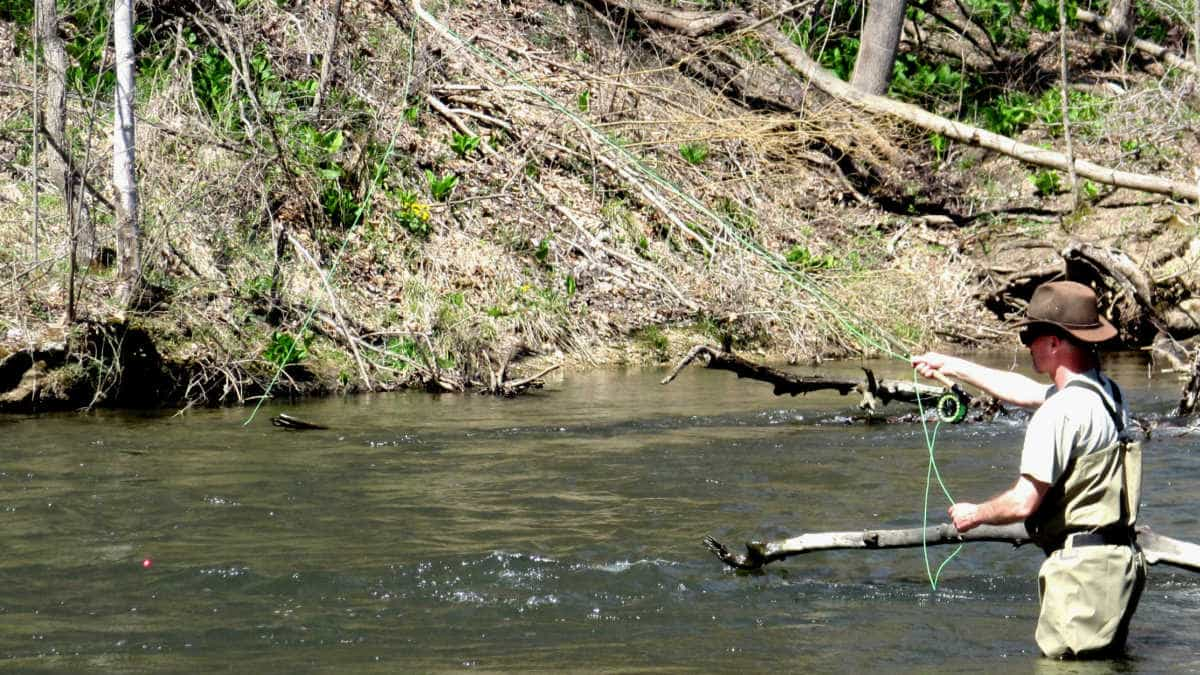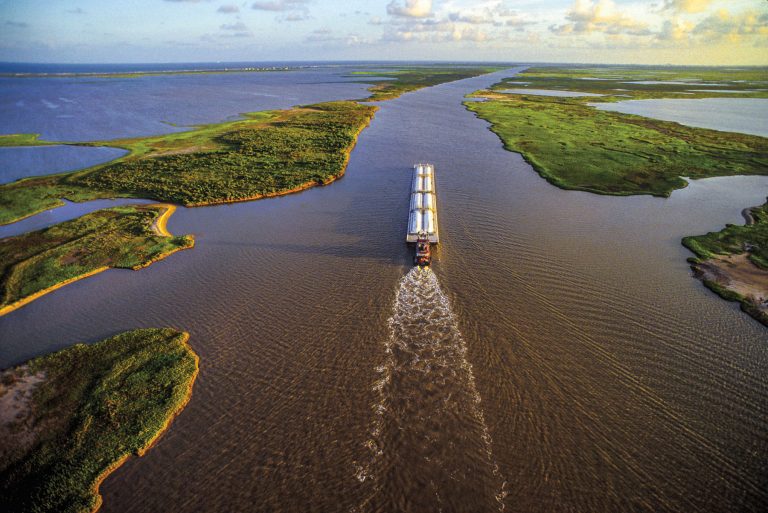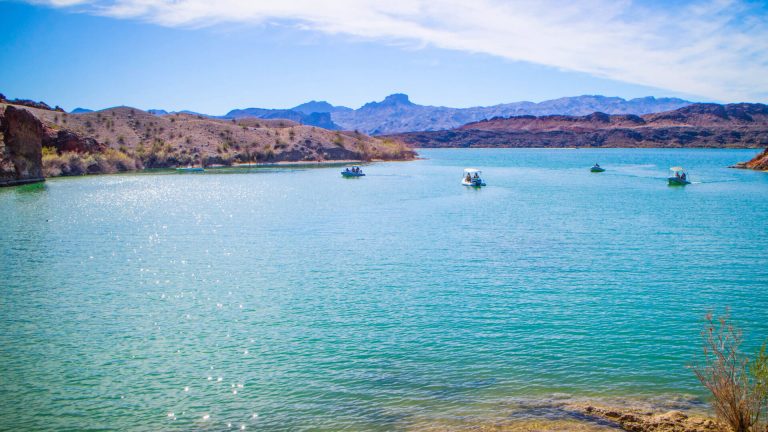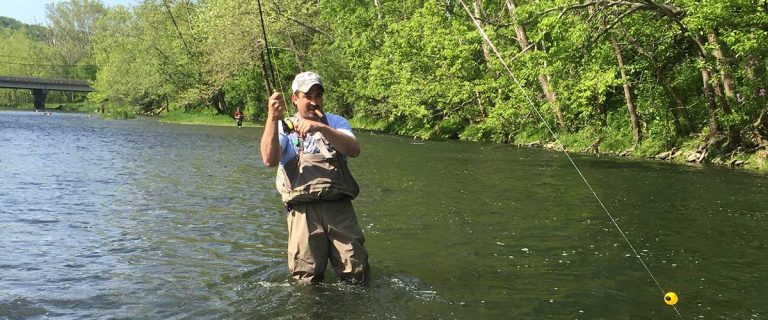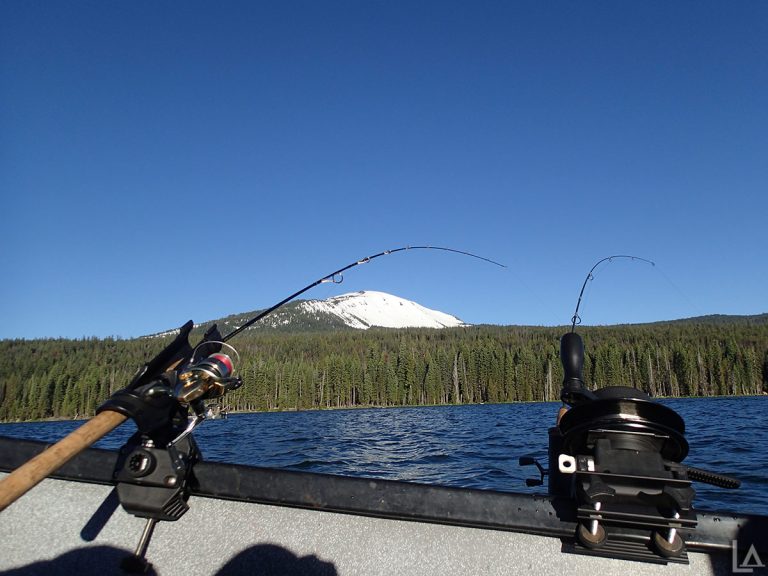Planning a fishing adventure in Minnesota’s pristine Boundary Waters Canoe Area (BWCA) requires understanding both fishing license requirements and wilderness entry permits. This comprehensive guide breaks down everything you need to know for your 2025 BWCA fishing trip, from costs and regulations to reservation strategies.
Fishing License Requirements
Before entering the Boundary Waters, all anglers must obtain the appropriate Minnesota fishing license. Whether you’re a weekend warrior or planning an extended wilderness expedition, understanding these requirements is essential.
Minnesota fishing licenses are required for anyone age 16 or older. Annual licenses remain valid from March 1, 2025, through February 28, 2026. You don’t need to be a Minnesota resident to fish the Boundary Waters, but non-residents will pay different fees.
Resident License Requirements
To qualify for resident fishing rates, you must meet all of these criteria:
- Established legal Minnesota residence for at least 60 consecutive days
- If 21 or older, possess a current Minnesota driver’s license or state ID (or application receipt at least 60 days old)
- Be at least 16 years old
License Types and Fees for 2025-26
| License Type | Resident Fee | Non-Resident Fee |
|---|---|---|
| Annual Individual | $25.00 | $51.00 |
| 24-Hour | $12.00 | $14.00 |
| 72-Hour | $14.00 | N/A |
| 7-Day | N/A | $43.00 |
| 3-Year Individual | $71.00 | N/A |
| Trout/Salmon Stamp (Required) | $10.00 | $10.00 |
Note: Prices don’t include a $1 agent fee or additional charges for specialty licenses.
You can purchase your Minnesota fishing license through:
- The Minnesota DNR website
- Local sporting goods stores and bait shops
- By phone at 1-888-665-4236
- Through US Fishing Licenses for convenient online processing
BWCA Entry Permits: Essential Information
Separate from your fishing license, a BWCA entry permit is required for all groups entering the Boundary Waters during all seasons, regardless of your fishing plans.
Permit Seasons and Requirements
The BWCA has two distinct permit seasons:
Quota Season (May 1-September 30, 2025)
- Advance reservations required
- Limited permits available per day per entry point
- Booking opens January 29, 2025, at 9:00 a.m. CST
- First-come, first-served basis (no lottery system)
- $32 minimum deposit required (equal to two adult recreation fees)
Non-Quota Season (October 1, 2025-April 30, 2026)
- No advance reservations required
- Self-issued permits available at entry points
- Still mandatory, but more flexible
How to Secure Your 2025 BWCA Permit
Mark your calendar: Reservations open January 29, 2025, at 9:00 a.m. CST. Given recent trends of record cancellations (10,245 in 2023), securing permits has become increasingly competitive, with many experts describing a “panic-booking” phenomenon.
You have three options for reserving:
- Online through Recreation.gov – Most popular method
- By phone: 1-877-444-6777
- Through an outfitter – Professional assistance with both permits and trip planning
Understanding Recent Permit Issues
The BWCA permit system has faced significant challenges:
- Record-high cancellations (10,245 in 2023)
- Visitors booking multiple permits they don’t use
- Only a $6 non-refundable fee when canceling 48+ hours before entry
- Total visits decreased 3% to 146,238 in 2023
Some outfitters have advocated for higher non-refundable deposits to discourage “permit hoarding.” Current Forest Service policies allow groups to cancel online up to two days before entry and receive a refund of all recreation fees (except the $6 reservation fee).
2025 Fishing Seasons and Regulations
The Boundary Waters offers exceptional fishing opportunities for multiple species, each with specific season dates:
2025 BWCA Fishing Seasons
- Smallmouth Bass: May 10, 2025 – February 22, 2026
- Walleye: May 10, 2025 – February 22, 2026
- Northern Pike: May 10, 2025 – February 22, 2026
- Lake Trout (Summer): May 10, 2025 – September 30, 2025
- Crappie, Sunfish, Rock Bass, Bluegill: Continuous year-round
Important: Border lakes between Canada and Minnesota might have different regulations and season dates. Always check the Minnesota DNR website for the most current information.
Special Fishing Regulations
The Boundary Waters has specific regulations to preserve its pristine fishing environment:
- Size limits and protected slots exist for certain species, particularly walleye
- Catch-and-release practices are strongly encouraged for sustainability
- Live bait recommendations: minnows in spring/fall, leeches in spring-mid summer, worms in late summer
- Lead-free tackle is recommended to protect loons and other wildlife
Planning Your BWCA Fishing Trip
Entry Points and Fishing Hotspots
The Boundary Waters features numerous entry points, each offering unique fishing experiences. Some popular entry points for anglers include:
- Seagull Lake (Entry Point 54/55) – Known for walleye and lake trout
- Sawbill Lake (Entry Point 38) – Excellent for smallmouth bass
- Moose Lake (Entry Point 25) – Great walleye and northern pike fishing
- Gunflint Lake (Entry Point 57) – Outstanding lake trout fishing
Essential Gear for BWCA Fishing
Pack efficiently but thoroughly:
- Fishing gear: Recommended line strength is 6-10 lbs
- Lures: 1/8oz jigs (green/white in spring, chartreuse/pink in summer)
- Leaders: Essential for pike fishing
- Environmental considerations: Use biodegradable baits when possible
Timing Your Trip
When planning your BWCA fishing expedition, consider these seasonal factors:
- May-June: Prime time for walleye and northern pike
- July-August: Excellent for smallmouth bass and lake trout
- September: Less crowded with cooling temperatures and active fish
- Winter (ice fishing): Unique experience requiring thorough preparation
Conclusion
Preparing for a Boundary Waters fishing adventure requires careful planning and understanding of both fishing and wilderness regulations. By securing the proper Minnesota fishing license through US Fishing Licenses and obtaining your BWCA entry permit well in advance, you’ll be ready to experience one of America’s most pristine fishing destinations.
Remember that the exceptional fishing quality of the Boundary Waters depends on responsible anglers practicing conservation. Catch-and-release is encouraged, and following all regulations ensures these waters remain spectacular for generations to come.
For additional information on Minnesota fishing regulations, visit the Minnesota DNR Fishing Page or check US Fishing Licenses’ Minnesota page for the most current license information and requirements.



